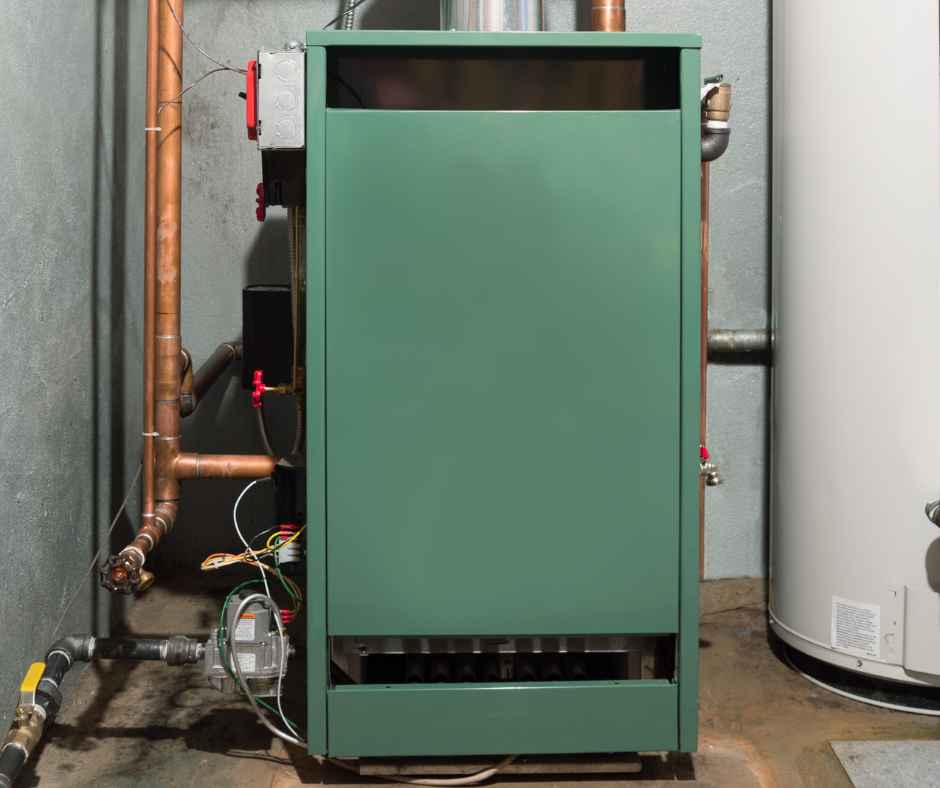Closed: Sun for God + Family time
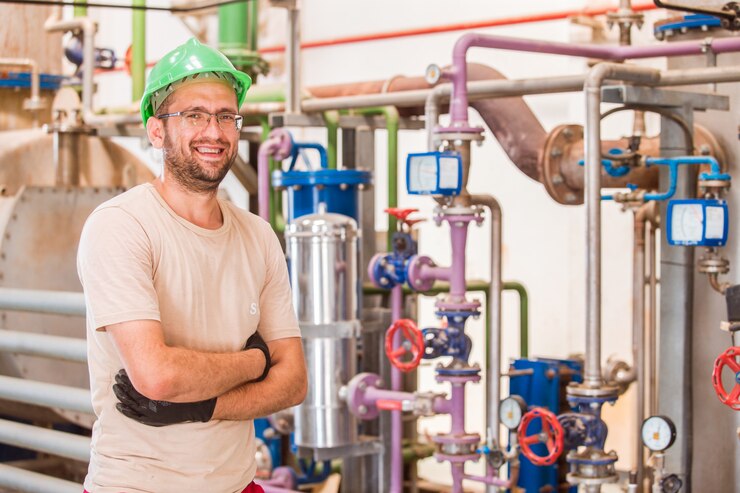
Preventive Maintenance Checklist For Industrial Water Heaters
Ensuring the Efficient Operation and Longevity of Your Commercial Water Heaters
Regular maintenance is essential to prevent unexpected breakdowns and save on costly repairs for your commercial water heaters. Armor Air, a leading provider of HVAC services, offers this comprehensive checklist to help you maintain your commercial water heaters effectively.
Inspection Essentials: Key Components to Check Regularly
Maintaining your commercial water heater in top condition is crucial for consistent performance and avoiding costly breakdowns. Regular inspections are a vital aspect of preventative maintenance. Here’s what you need to focus on to keep your water heater operating efficiently:
Thermostat Settings
- Ideal Temperature: Ensure the thermostat is set to the optimal temperature, typically between 120°F to 140°F, to balance energy efficiency and hot water needs.
- Calibration Check: Periodically verify if the thermostat accurately reflects water temperatures to prevent overheating or underheating.
Heating Elements and Burners
- Cleanliness: Regularly clean the burners and heating elements to prevent dust and debris buildup, which can affect efficiency.
- Inspection for Damage: Look for signs of wear or damage as inefficient heating elements can significantly increase energy costs.
Pressure Relief Valve
- Functionality Test: Regularly test the pressure relief valve by lifting the test lever. A functioning valve will release a burst of water into the overflow drainpipe.
- Leak Checks: Ensure there are no leaks, as this is crucial for safe operation.
Anode Rod Inspection
- Corrosion Protection: Examine the anode rod, which protects the tank from corrosion. If more than 6 inches of the core wire is visible, replace the rod.
- Lifespan: Typically, anode rods need replacement every 3-5 years, but this can vary based on water quality and usage.
Tank and Connections
- Visual Inspection: Look for signs of rust or corrosion on the tank’s exterior and all pipe connections.
- Insulation Check: Ensure the tank and pipes are properly insulated, especially in colder environments, to maintain energy efficiency.
Sediment Build-Up
- Regular Flushing: Sediment accumulation at the bottom of the tank can reduce efficiency and shorten the tank’s lifespan. Periodically flush the tank to eliminate sediment buildup.
Pilot Light (for Gas Heaters)
- Check the Flame: The pilot light should be a strong blue flame. If it’s yellow or inconsistent, it may indicate a problem.
- Relighting Procedures: Familiarize yourself with safe relighting procedures in case the pilot light goes out.
Safety and Surroundings
- Clearance: Ensure there is sufficient clearance around the heater for safety and maintenance access.
- Ventilation: For gas water heaters, proper ventilation is crucial to prevent carbon monoxide buildup.
Water Quality Analysis
- Hardness Testing: Hard water can lead to scaling, affecting efficiency. Regular testing and possible treatment can prevent these issues.
Emergency Shut-Off Procedure Familiarization
- Know the Steps: Ensure all relevant personnel know the location and operation of the emergency shut-off valve to quickly respond in case of leaks or other emergencies.
By regularly checking these key components, you can significantly extend the life of your commercial water heater, ensure its efficient operation, and prevent unexpected and costly repairs. For professional assistance, consider scheduling a water heater service in Brownsburg, IN, to ensure your system is in its best condition. Remember, regular water heater repair in Greenwood, IN, is a crucial aspect of maintaining the health and efficiency of your water heating system.
Replacing Parts: When and What to Consider
Routine maintenance of commercial water heaters often involves replacing worn-out or inefficient parts. Knowing when and what to replace can save you from costly breakdowns and ensure the continuous operation of your water heating system. Here are key considerations for part replacements in your commercial water heater:
Heating Elements
- When to Replace: If you notice a significant drop in heating efficiency or if the elements show signs of damage or corrosion.
- Considerations: Choose elements that match the specifications of your water heater. Consider energy-efficient options for long-term savings.
Thermostat
- When to Replace: Inconsistent water temperatures or a thermostat that fails to regulate heat properly are indicators that it’s time for a replacement.
- Considerations: Ensure the new thermostat is compatible with your heater model and has accurate temperature control features.
Anode Rod
- When to Replace: Typically every 3-5 years or if more than 6 inches of the core wire is exposed.
- Considerations: Choose an anode rod that is compatible with your water heater and water type (aluminum, magnesium, or zinc).
Pressure Relief Valve
- When to Replace: If it’s leaking, not opening at the set pressure level, or showing signs of corrosion.
- Considerations: The replacement valve should match the pressure and temperature ratings of your water heater.
Dip Tube
When to Replace: If you notice lower water temperatures or find bits of plastic in your water, which may indicate a deteriorating dip tube.
Considerations: Ensure the replacement tube is the correct size and material for your water heater model.
Gaskets and Seals
- When to Replace: If there are leaks or if the gaskets and seals are visibly worn out.
- Considerations: Use high-quality, heat-resistant materials specific to your water heater model.
Gas Valves and Burners (For Gas Heaters)
- When to Replace: Inefficient burning, yellow flame instead of blue, or if the valve fails to open or close.
- Considerations: The replacement parts must be exactly the right type for your specific model to ensure safe operation.
Circulation Pumps (For Tankless Systems)
- When to Replace: If the pump is noisy, leaking, or fails to circulate water efficiently.
- Considerations: Choose pumps that are compatible with your system’s flow rate and pressure requirements.
Expansion Tanks
- When to Replace: If the tank is damaged, waterlogged, or not maintaining proper pressure.
- Considerations: Select an expansion tank that matches your system’s capacity and pressure settings.
Electronic Controls
- When to Replace: Malfunctioning controls, unresponsive system interfaces, or outdated technology.
- Considerations: Consider upgrades to more modern, energy-efficient control systems.
When replacing parts in your commercial water heater, it’s essential to choose high-quality components compatible with your system. Regularly scheduled maintenance and inspections can help identify when replacements are needed. For professional assistance and reliable service, homeowners can seek water heater repair in Greenwood, IN, or in Brownsburg, IN. Expert technicians can provide valuable advice and ensure that replacements are done correctly, enhancing the performance and lifespan of your water heater.
Record Keeping: Tracking Your Water Heater’s Health
Effective record keeping is a fundamental aspect of maintaining your commercial water heater’s health. It helps track performance, servicing history, and anticipate future maintenance needs. Here’s how you can efficiently keep records for your water heater:
Documenting Initial Installation
- Details to Record: Date of installation, make and model of the water heater, warranty information, and initial performance benchmarks.
- Purpose: This serves as a baseline for comparing future performance and identifying potential issues.
Maintenance and Service Logs
- What to Include: Dates of routine maintenance, services performed (like flushing, descaling, anode rod replacement), and names of servicing technicians.
- Benefits: This helps maintain a consistent maintenance schedule and is essential for warranty purposes.
Parts Replacement History
- Details to Record: Dates of part replacements, types of parts replaced (thermostats, heating elements, anode rods, etc.), and warranty details of the new parts.
- Usefulness: This information is crucial for tracking the lifecycle of various components and planning for future replacements.
Repair Records
- What to Include: Nature of problems encountered, repairs done, and parts used in the repairs. Include any instances of water heater repair in Greenwood, IN, and similar services.
- Advantages: Understanding the repair history can help identify recurring issues and assess the overall health of the water heater.
Performance Tracking
- Details to Monitor: Regular readings of efficiency, energy consumption, and output temperatures.
- Purpose: Monitoring performance over time can indicate when the system might need servicing or replacement.
Inspection Notes
- What to Record: Observations from regular inspections, including conditions of valves, pipes, insulation, and general wear and tear.
- Benefits: This assists in early detection of potential issues before they escalate into major problems.
Water Quality Tests
- Details to Include: Results of water hardness tests, any changes in water quality, and actions taken (like installing a water softener).
- Relevance: Since water quality directly impacts the efficiency and longevity of water heaters, keeping a log helps in managing its effects.
Expense Tracking
- What to Monitor: Costs associated with maintenance, repairs, parts replacements, and energy consumption.
- Usefulness: Helps in budgeting and assessing the economic efficiency of the water heater.
Digital Record Keeping
- Tools to Use: Utilize digital tools or maintenance management software for systematic record keeping.
- Advantages: Digital records are easier to organize, search, and retrieve when needed.
Professional Service Records
- Details to Include: Dates and details of professional services like water heater service in Brownsburg, IN, or any consultations from plumbers.
- Purpose: Validates the professional maintenance history, which can be crucial for warranty claims and resale value.
Maintaining detailed and organized records of your water heater’s installation, maintenance, repairs, and performance is instrumental in ensuring its efficient operation and longevity. For homeowners seeking professional help, services like plumber service in Brownsburg, IN, can provide expert assistance and also contribute valuable inputs to your maintenance records. Remember, diligent record keeping is not just about maintaining a log; it’s about safeguarding the health and efficiency of your water heater for years to come.
By regularly maintaining your commercial water heaters, you ensure their efficiency, safety, and longevity. Armor Air is committed to providing top-notch water heater service in Brownsburg, IN, ensuring your heaters operate at their best year-round. Remember, timely maintenance and plumber service in Brownsburg, IN, can save you from costly repairs and replacements down the line. Trust Armor Air for all your water heater needs, and enjoy the peace of mind that comes with expert care.
Share This Story, Choose Your Platform!
Recent News
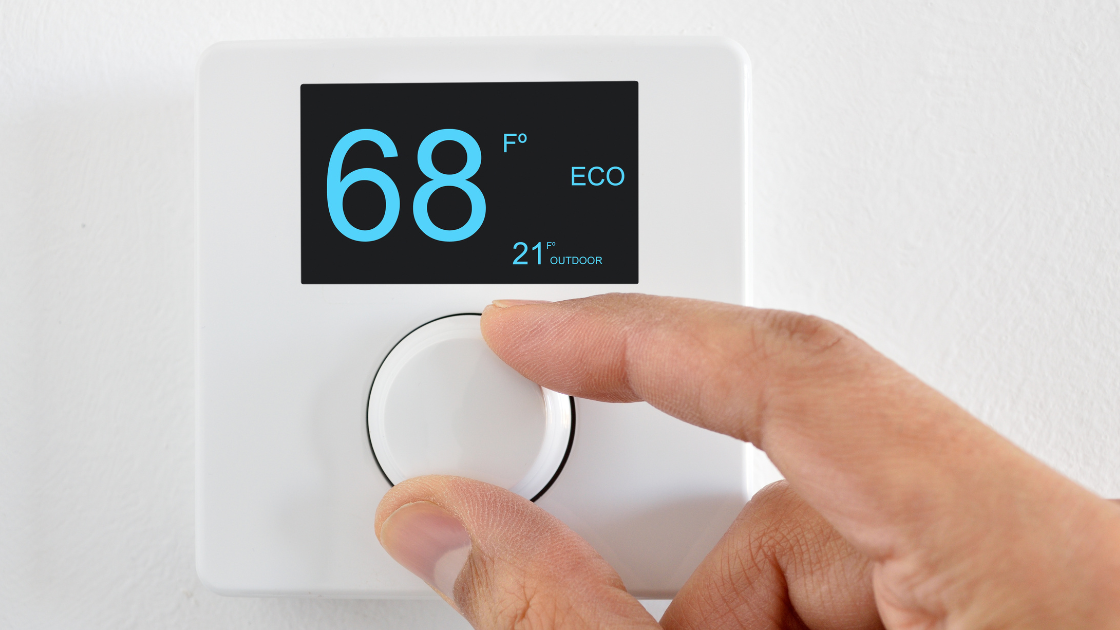
Help! My Heater Won’t Turn Off
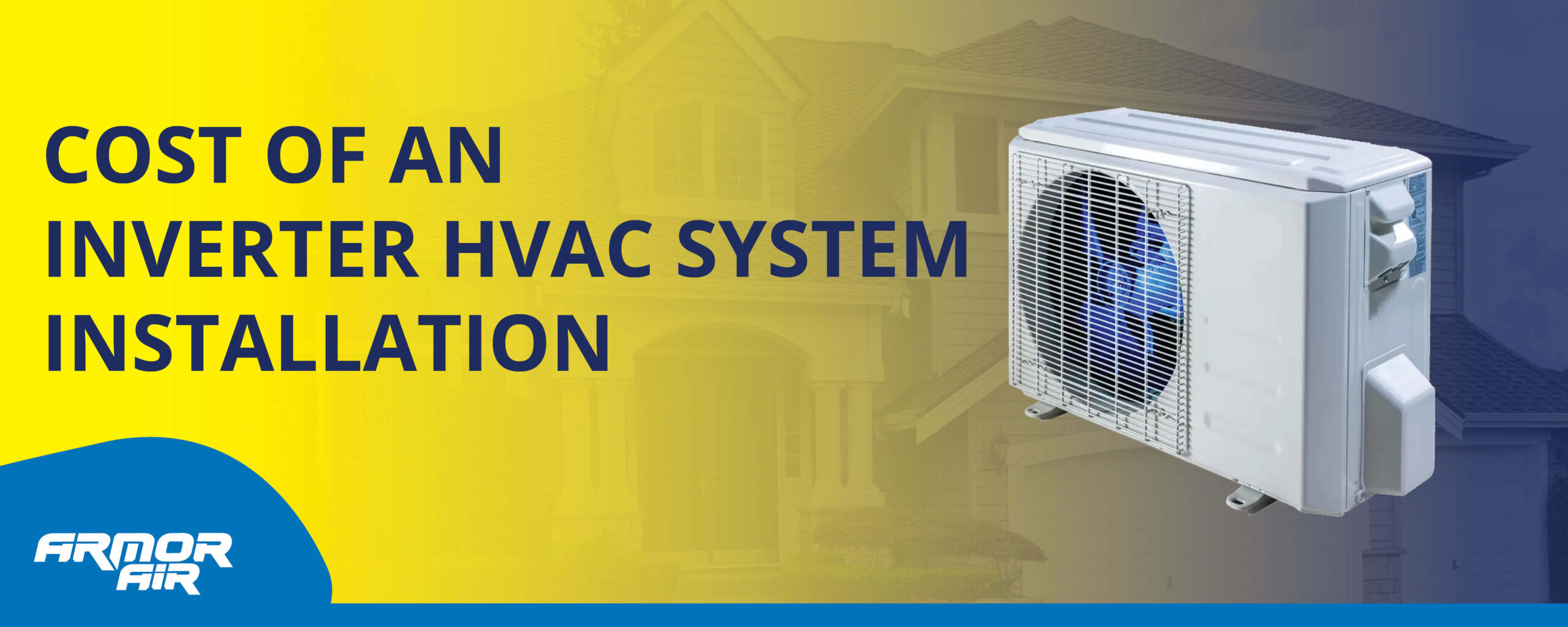
How Much Does an Inverter HVAC System Installation Cost (2025)
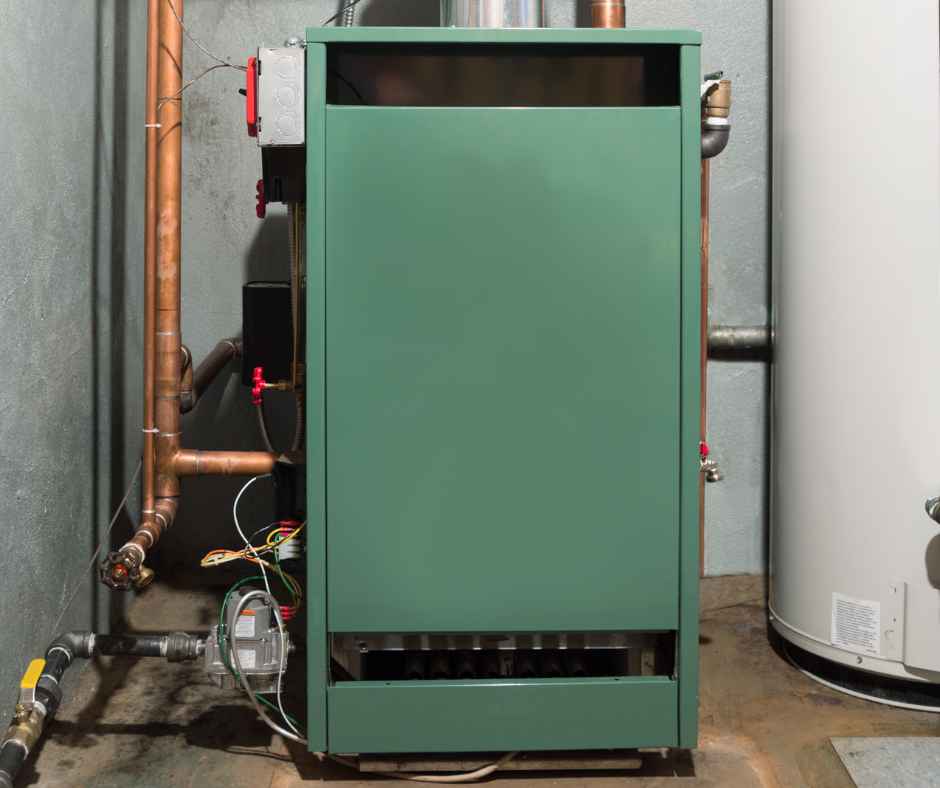
Why Does My Furnace Smell Like It’s Burning?
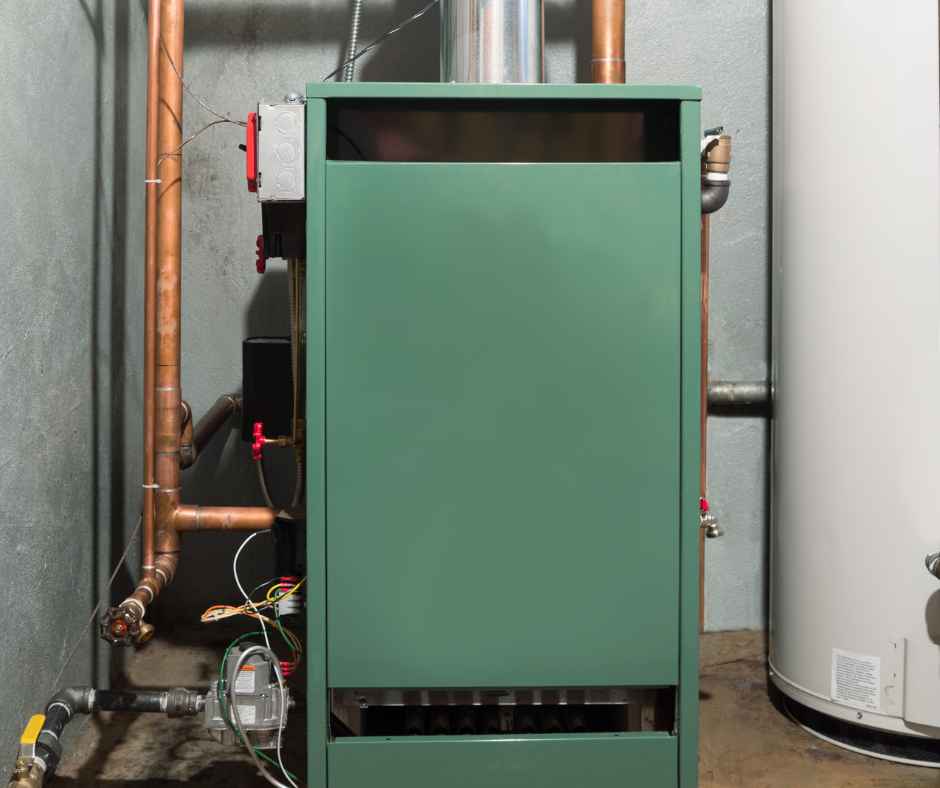
Why Won’t My Heat Turn On?
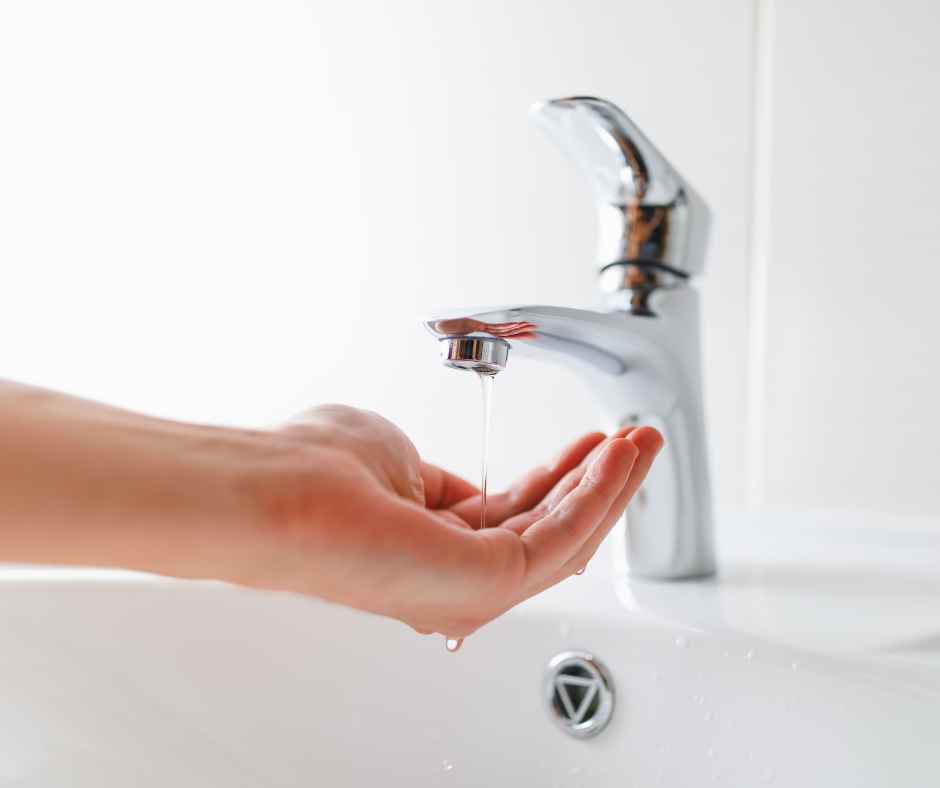
Why is the Water Pressure Low in My House?

Why a Tankless Water Heater Might Be the Best Investment for Your Indianapolis Home?
